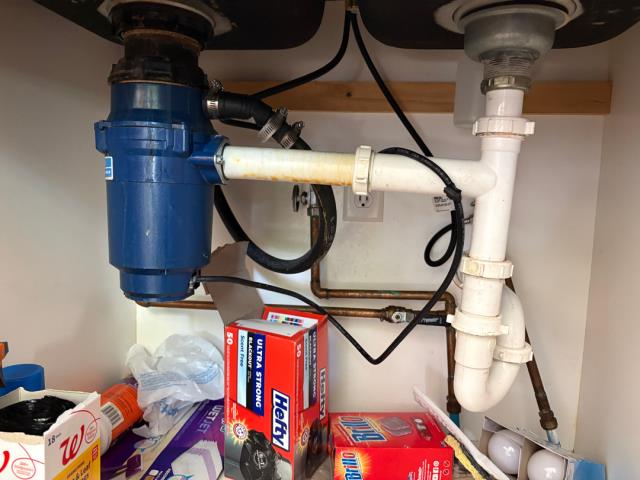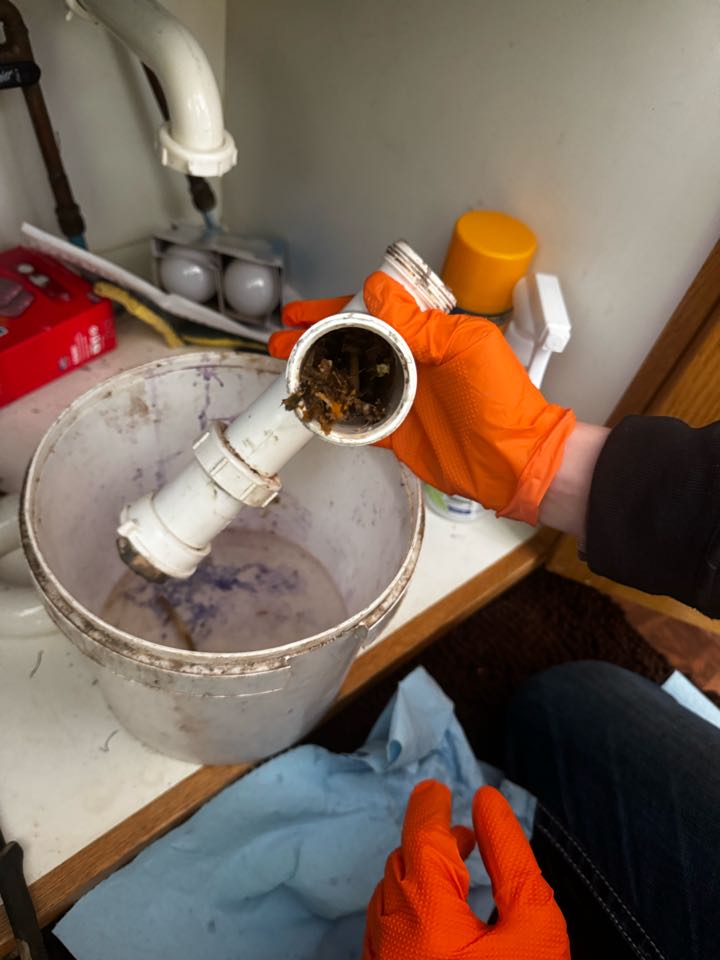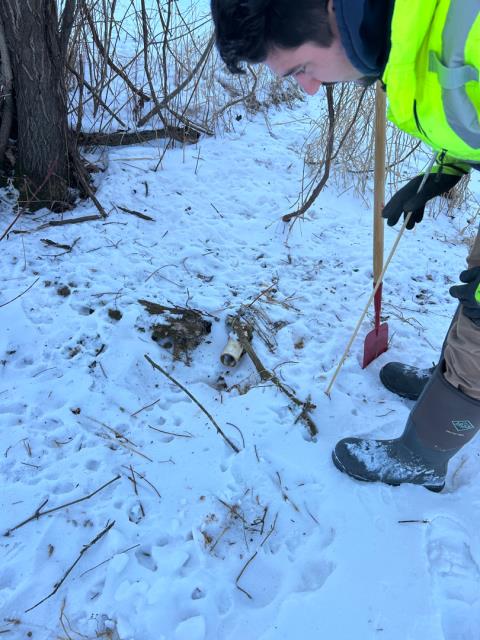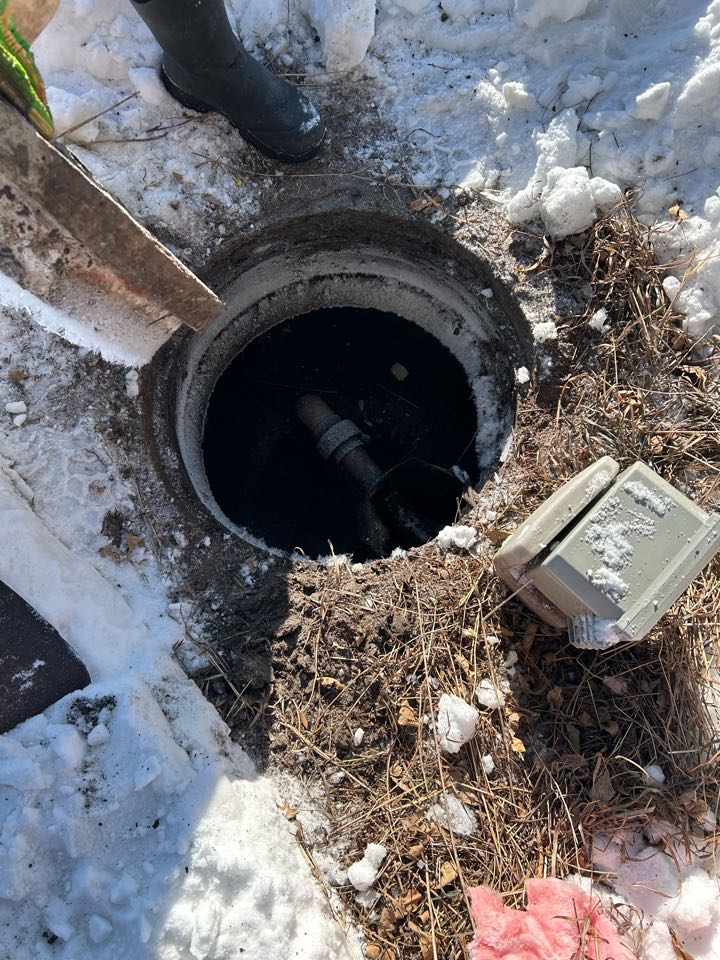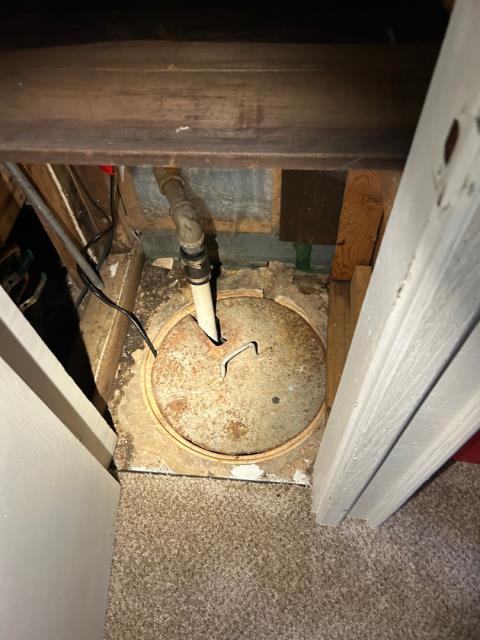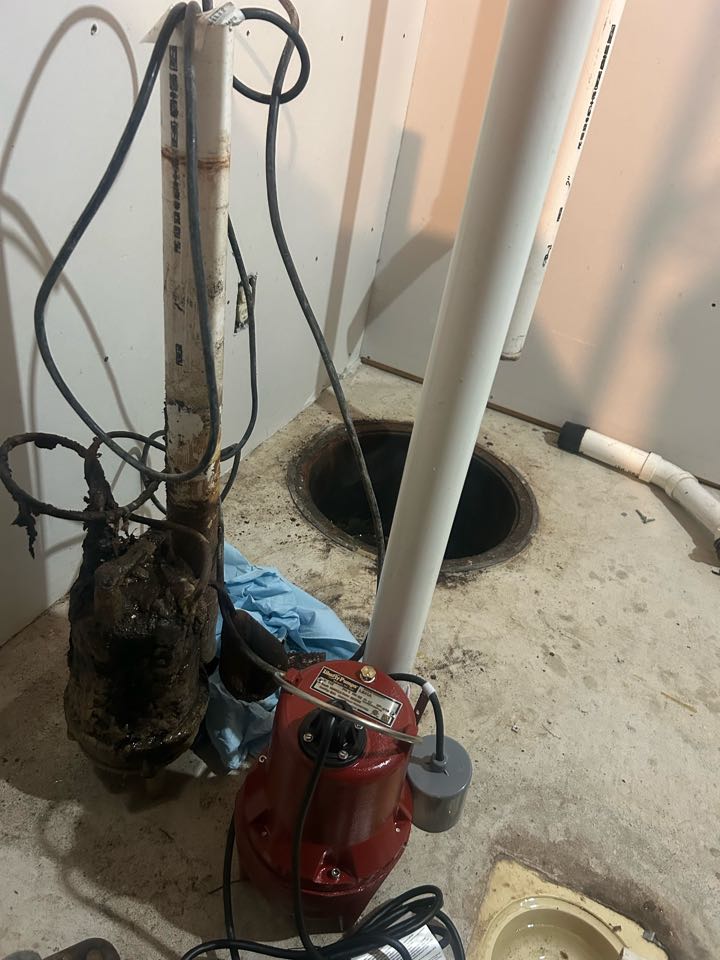Urgent Septic Solutions: Top 3 Tips
When your septic system starts showing signs of trouble, it’s essential to act quickly, especially in areas where the soil composition can complicate drainage. Ignoring the issue can lead to more significant problems down the line, particularly when heavy rains saturate the ground, making it harder for the system to function properly. First, you need to recognize the warning signs, such as slow drains or unpleasant odors, and implement immediate measures to minimize damage. But what should you do next? Understanding the steps to take can make all the difference in restoring your system efficiently. Let’s explore the top tips for urgent septic solutions tailored to your region’s unique challenges.
- Identify Warning Signs: Keep an eye out for common indicators like sewage backups, gurgling sounds in the plumbing, or soggy patches in your yard. These can signal that your septic system is struggling, especially in areas prone to flooding or where the water table is high.
- Limit Water Usage: In regions with heavy clay soils, excessive water can lead to system overload. Temporarily reduce water usage by taking shorter showers and fixing leaks to help your septic system recover.
- Consult Local Experts: Reach out to local septic system professionals who understand the specific challenges of your area. They can provide targeted advice and solutions that cater to your system’s needs and the local environment.
By taking these steps, you can effectively address septic system issues and prevent them from escalating into more significant problems.
Identify the Signs of a Failing Septic System
If you notice unusual signs around your property, especially in areas known for clay soils or high groundwater levels, it might be time to check your septic system.
Look for pooling water or soggy areas in your yard, particularly near the drain field, as these conditions are common in regions with heavy rainfall or poor drainage. Foul odors can also indicate a problem; if you smell sewage, that’s a significant warning sign.
Additionally, pay attention to slow drains and gurgling noises in your plumbing, as these can signal a backup that might be exacerbated by seasonal flooding or heavy snowmelt. If your toilets aren’t flushing properly or you’re experiencing frequent clogs, it’s worth investigating further.
Finally, check if your grass is unusually lush around the septic area, which can suggest a leak and is often seen in places with nutrient-rich soils.
Implement Emergency Measures Immediately
When you suspect a failing septic system in your area, it’s crucial to implement emergency measures immediately to prevent further damage.
Begin by stopping all water usage in your home, which includes turning off appliances and refraining from flushing toilets or running faucets.
In regions prone to heavy rainfall or flooding, be especially vigilant for visible signs of backup, such as sewage odors or pooling water around your drain field.
If you notice any, mark the area to avoid walking on it, as it can pose health risks. In certain neighborhoods, the soil composition may exacerbate septic issues, so it’s important to be aware of your surroundings.
Avoid using harsh chemicals, as these can worsen the situation and interfere with the natural processes of your septic system.
If you have a cleanout access point, keep it clear to allow for potential drainage.
Lastly, document all issues and observations, including any environmental factors that may be contributing to the problem.
Taking these proactive steps can help minimize the impact on your property until you can seek professional assistance.
Consult a Professional for Long-Term Solutions
After addressing immediate emergency measures, it’s crucial to consult a professional for long-term solutions to your septic system issues, especially considering the unique challenges posed by local soil conditions and climate.
A qualified septic service expert familiar with the area can assess the current state of your system, identify underlying problems, and recommend the best course of action tailored to your specific needs. They possess the expertise to determine whether repairs, upgrades, or a complete replacement is necessary based on local regulations and environmental factors.
Regular maintenance is also essential; professionals can establish a schedule to ensure your system runs efficiently, taking into account the seasonal changes that may affect its performance.
By investing in expert advice, you won’t only save money over time but also avoid the potential headaches of unexpected failures. Don’t wait for the next emergency to arise; proactive consultation ensures your septic system operates smoothly and remains reliable for years to come.
Reach out to a local expert today for peace of mind!
Conclusion
In conclusion, recognizing the signs of a failing septic system specific to our region can save you from larger headaches down the line. Many homes in our area face unique challenges, such as heavy rainfall or soil conditions that can exacerbate septic issues. Remember to act quickly by implementing emergency measures and stopping all water usage to prevent further complications. It is wise to contact a local professional who understands the specific needs of septic systems in our community and can provide long-term solutions tailored to your situation. Taking these proactive steps now ensures the restoration of proper function and protects your home from expensive repairs in the future.


